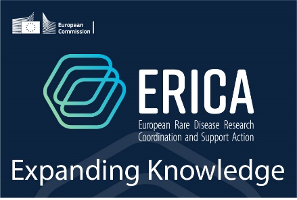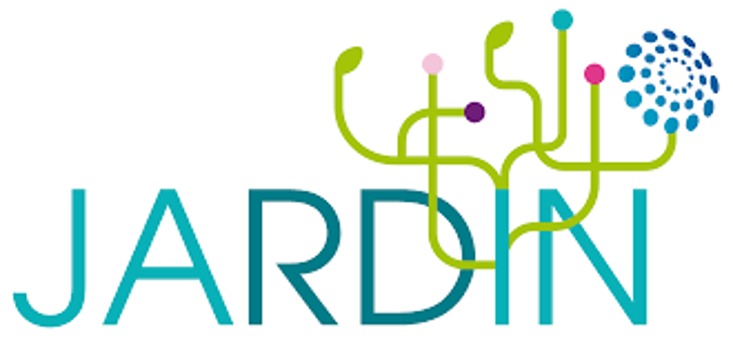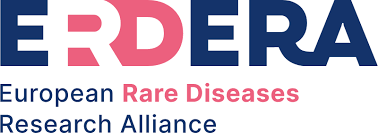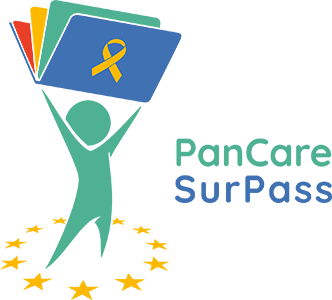ERN PaedCan works closely with EU projects to expand knowledge and improve care for rare diseases. By fostering collaboration, we ensure that expertise is shared, innovation is accelerated, and young patients receive the best possible treatments.
Past
EJP RD (closed)

The European Joint Programme on Rare Diseases
The European Joint Programme on Rare Diseases is a programme aiming to create an effective rare diseases research ecosystem for progress, innovation and for the benefit of everyone with a rare disease. We support rare diseases stakeholders by funding research, bringing together data resources & tools, providing dedicated training courses, and translating high quality research into effective treatments.
ERICA (to be closing soon)

European Rare Disease Research Coordination and Support Action
The ERN PaedCan is part of the ERICA Consortium. The ERICA Project brings together all 24 European Reference Networks (ERNs) to boost research and innovation in rare diseases. Funded by the Horizon 2020 program, ERICA is creating a strong, collaborative framework to support and expand ERN research efforts.
How ERICA Helps Patients
- Stronger Collaboration – Connecting experts across Europe to share knowledge
- Better Research & Innovation – Improving access to new treatments and therapies
- Faster Access to Safe Treatments – Helping patients get cutting-edge care more efficiently
By working with European research infrastructures, ERICA ensures that rare disease patients receive safer, more effective treatments, no matter where they live.
Ongoing
JARDIN

Advancing research and innovation in paediatric oncology
JARDIN is a Joint Action (JA) created to achieve the integration of European Reference Networks (ERNs) into National Healthcare Systems. Through these collaborations, ERN PaedCan strengthens its mission to improve survival rates, enhance research, and expand treatment options across Europe.
ERDERA

The rare diseases landscape has dramatically changed over the past decade in Europe, thanks largely to the work done by the European Joint Programme for Rare Diseases (EJPRD) and previous partnerships in advancing basic research and clinical applications, fostering patient engagement and enabling important international collaborations.
To leave no one behind, over 180 organisations championed by the European Union and members states are working hand in hand to make Europe a world leader in rare diseases research and innovation. The European Rare Disease Research Alliance (ERDERA) takes over EJPRD to deliver concrete health benefits to rare disease patients in the next decade by advancing prevention, diagnosis and treatment research.
PanCareSurPass

Thanks to better cancer treatments, more than 80% of children and adolescents in in Europe who get cancer will now survive more than 5 years. It’s estimated there are currently more than 500,000 survivors of childhood and adolescent cancer across Europe, and this number is growing. But cancer treatments are harsh and there are long-term affects that mean that survivors require closer health monitoring than the average population. There are clinical guidelines that tell healthcare professionals what care is needed, but it’s challenging to put them into practice in routine survivorship care. The digital Survivorship Passport (SurPass) can help!
PanCareSurPass is an EU-funded project looking at how to more widely implement the SurPass to improve survivorship care for survivors of childhood and adolescent cancer in Europe.

